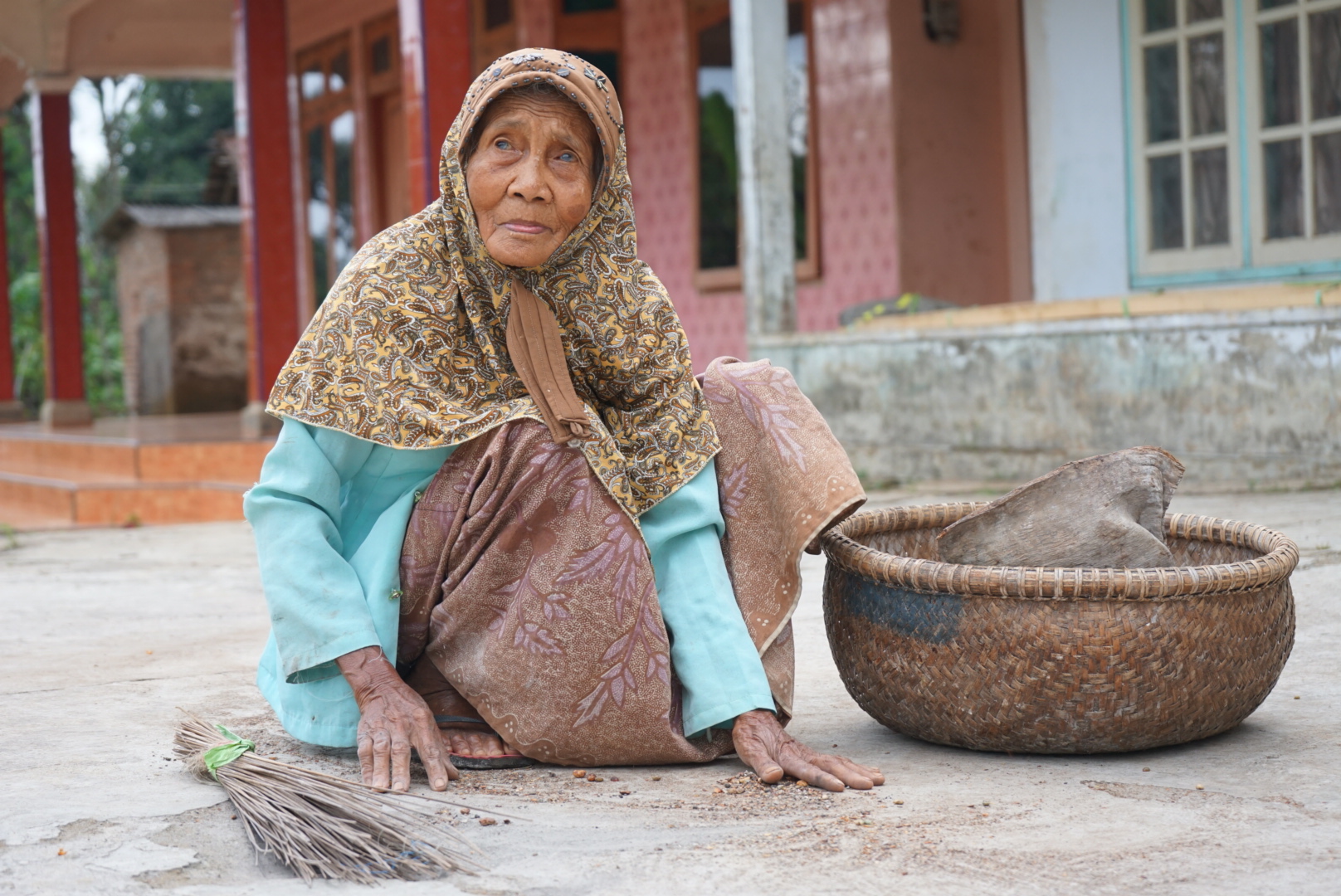Sustainable Travel

Trafalgar Falls on Dominica is a picture of sustainable travel. Photo: Tonya Fitzpatrick
“We cannot hope to create a sustainable culture with any but sustainable souls.”
– Derrick Jensen
Sustainable travel stands hand in hand with responsible tourism, sharing a common focus on the impact of tourism on local communities. However, sustainable tourism takes it a step further by addressing conservation and the environmental impact of tourism development.
Sustainable travel strives to revolutionize tourism by minimizing its negative impacts in the long term and effectively protecting natural and cultural environments. As a conscious traveler, you have the power to make eco-friendly choices that contribute to these goals.
Reduce your carbon footprint, opt for local or indigenous products, volunteer for conservation trips, and actively engage in protecting nature and its resources. Together, we can pave the way for a more sustainable future for travel and our planet.
The sleepy village of Licin is situated in the Banyuwangi regency of East Java, Indonesia. It’s a 30-minute drive from the town of Banyuwangi – Java’s easternmost tip – and an hour from the slopes of Kawah Ijen, the legendary volcano famous for its electric blue flames. It’s often used as a base for hiking the world’s most fascinating crater, and foreigners usually pass through it. But during my travels in Indonesia last November, I was instantly drawn to Licin’s wild beauty and tranquility, making it my home for the remaining two weeks of my stay in the country.
Travelers to Southeast Asia are no strangers to Siem Reap. The city's world-class wonder, Angkor Wat, attracts curious tourists from all over the world. This beautiful destination continues to increase in popularity. And with this boom, opportunities to flourish emerge.
When you’ve spent your life telling other people’s stories, sitting down to write your own—especially one with global implications—feels daunting, exhilarating, and deeply personal. In a short behind-the-scenes video, my husband and World Footprints co-founder, Ian Fitzpatrick, interviewed me about the beginning of my writing journey for my first business book. This is more than just a publishing project. It’s a calling. A shift. A response to the urgent challenges facing the places we love to visit—and the people who call them home.
Our 4x4 safari vehicle heaves and jolts through the deep recesses of the primeval forest. This is early March, and the dry deciduous jungle is laced with post-winter earthy shades of green. But the towering cotton and palash trees have splashed fiery red hues onto the canvas. The afternoon sun filters through the overhead canopy to illuminate the moss-ridden tract peppered with fragrant flowers and withered leaves.
This show illuminates the intersection of the California winegrowing industry and environmental activism.
My nephews don’t know it, but we’re engaging in a resurging travel trend: agritourism. This type of tourism involves visiting any local agricultural setting, including farmers markets, U-pick farms, and fun activities like corn mazes.
Out of view, built into the hill above, rises Arcosanti, a prototype of arcology. Arcology, a concept coined by Soleri himself by combining “architecture” and “ecology,” is the idea that architecture can be in harmony with the landscape.
A growing trend among travelers is Last Chance Tourism (LCT)—a bittersweet form of exploration driven by the urgency to experience the world's most fragile and endangered destinations before they disappear. Whether it’s walking among calving glaciers, snorkeling over bleached coral reefs, or photographing sinking cities, LCT embodies both a celebration of Earth's beauty and a stark reminder of our collective impact on its future.
Looking back, I remember the joy of those gatherings and the abundance of food. But I also wonder how much went to waste. As someone now mindful of the environmental impact of our choices, I’ve started rethinking how we can celebrate Thanksgiving with the same warmth and abundance while taking care of the planet.
Known as a concrete jungle, most visitors to New York City don’t arrive expecting to see an abundance of green space. Well, we have a surprise for you. New York City boasts over 20,000 acres of green space including parks, urban forests, playgrounds, and gardens. These green spaces provide millions of people with meaningful connections to nature.
With oceanfront suites, a hammam-anchored spa, and an intimate rum room, Anguilla's Zemi Beach House has five stars — and nearly 3,000 solar panels. Installed this past winter, a solar farm runs adjacent to the Caribbean resort and powers the property from dawn until dusk. The resort ranks as Anguilla’s first five-star hotel that’s completely solar during the day, indicating a bright future for green travel.
I knew very little about the black rhino when I first arrived in Africa. In fact, I knew next to nothing about African wildlife in general and even less about the impact of hunting in Zimbabwe. After three years guiding on the continent, black rhino poaching is now a problem with which I am very familiar.














